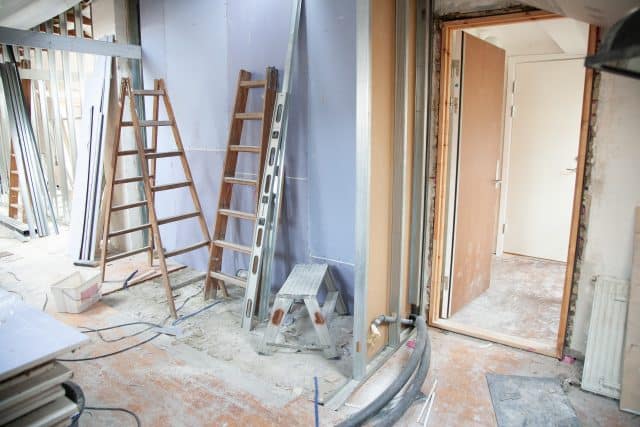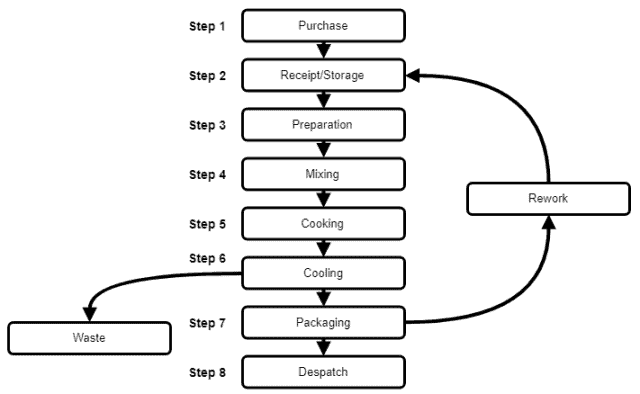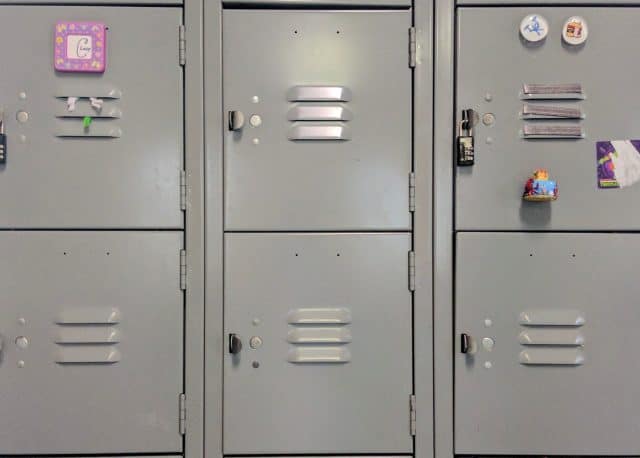Obtaining Halal certification is crucial, particularly in industries such as food and beverages, cosmetics, pharmaceuticals, consumer goods, logistics services, slaughterhouses, medical devices, and food establishments. Holding a valid Halal certificate signifies that a product or establishment has met high standards, is in compliance with Islamic laws, and is safe for use by the Muslim community. Unfortunately, each year there are hundreds of applications for Halal certification that are declined due to common mistakes. This article highlights the top 5 mistakes to avoid in your Halal certification application.
Mistake 1: Failure to meet renovation requirements for premises

Renovating a house without complying to the standards and specifications set by the local council can sometimes result in a penalty from the authorities, not to mention a business premise which is required to comply with more stringent requirements. When applying for Halal certification, it is necessary to take food safety into account during the renovation of the premise.
As premise owners, it’s natural to strive for the best appearance of the premises during renovation. However, it is crucial to understand that neglecting the proper renovation standards during renovations can pose a threat to the success of the Halal certification application.
Mistake 2: Lack of designated area for employees
Some business owners view the provision of a separate room for employees as insignificant. They may question the need for such a space, especially if the number of employees is small and the cost of maintaining the environment is high.
This scenario is common, particularly in small to medium-sized businesses. The failure to provide a dedicated room for employees can result in the rejection of a Halal certification application. This dedicated room can be used as a storage area for personal belongings and items prohibited during food handling to prevent contamination. Additionally, for Muslim employees, the room can also serve as a convenient prayer space.
Lack of designated room for the employees can impact the hygiene and tidiness of the other work stations which would cause contamination of products. This happens because there is no place for the workers to store their personal belongings such as gloves, hairnets etc.
Mistake 3: Inadequate premise location
Food processing facilities should be located away from heavy industries, such as motor workshops, car workshops, welding centers, and any other operations that involve iron work. The close proximity to heavy industries can result in pollution from toxic smoke and industrial waste, which can easily spread to food processing premises. Making the wrong choice for a premise location can result in both rejection of the Halal certification application and significant expenses
Mistake 4: Absence of production process flow diagram

Production process flow diagrams outlines the flow of food production from start to finish. They are critical for smooth implementation of production and for the Halal auditors to have a clear idea about the production process during their inspection.
Mistake 5: Inappropriate design and layout planning of the premise
Errors in the Halal certification process can also result from the design and structure of the food premises. Following aspects shall be considered for the renovation of the premises:
- Structural safety
- Durability of the materials used
- Appropriateness and practicality
- Hygiene
- Easy to clean
- Easy to maintain/ repair
- Environmentally friendly
The design of the premises, particularly in the processing area, should be waterproof, non-absorbent, easy to clean, made of non-toxic materials, and have an appropriate height for work.
Conclusion
Obtaining a Halal certification in Malaysia is a crucial aspect for businesses in the food and beverage industry and beyond. From ensuring compliance with premises renovation standards to providing a dedicated room for employees and a processing flow diagram, every aspect of the application process should be carefully considered to avoid costly and time-consuming mistakes.
By avoiding the mistakes above, businesses can increase the chances of successfully obtaining a Halal certification and demonstrate their commitment to providing safe and Shariah-compliant products to the Muslim community.
Wish to know more about Halal Certification for your business? Book our limited FREE Consultation right now!





